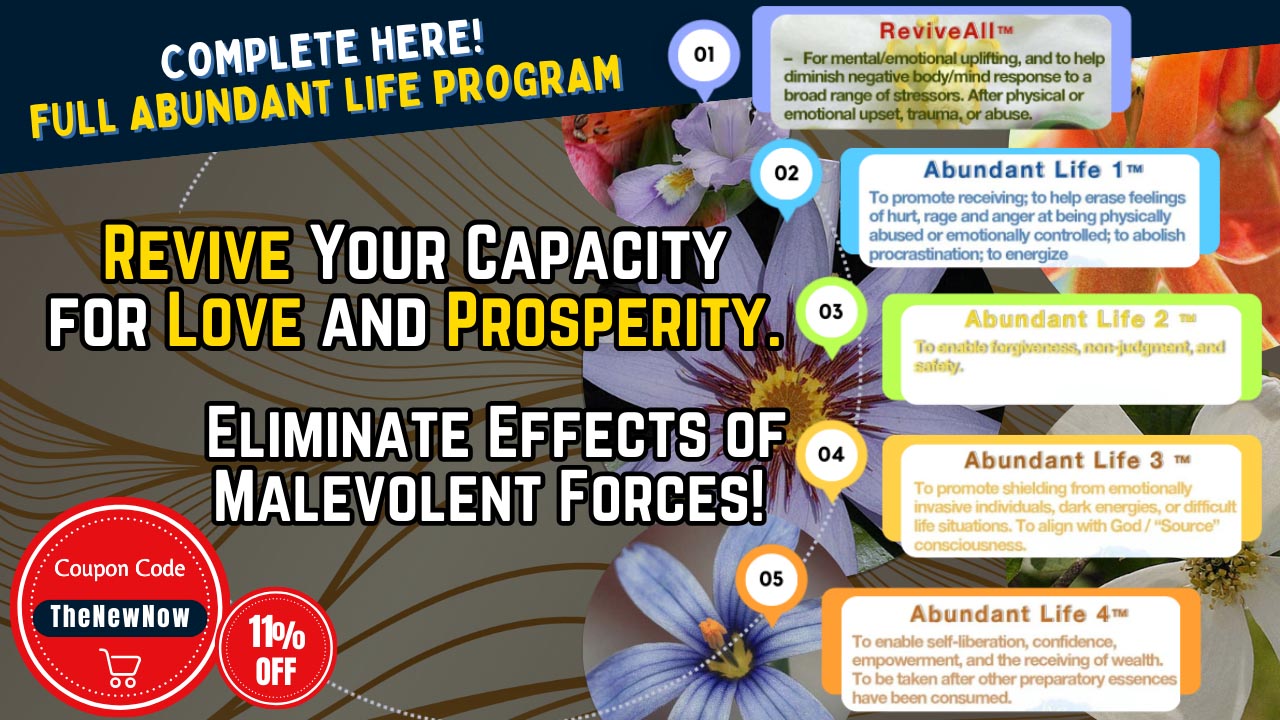Zen Mercies / Small Satoris
Written by Marianne Bluger
Published by Penumbra Press
FROM THE AUTHOR’S Preface
These poems have been styled “zen mercies” and “small satoris” to honour the particular tradition of mindfulness that characterizes tanka aesthetics. But they are, more simply put, just little epiphanies — particular moments of heightened awareness. As Ishikawa Takuboku (1886-1912), a great master of the form, said in defence of his own passionate preoccupation with tanka, “Although a sensation may last only a moment, it is a moment that will never return,”
The tanka (or waka as it has been traditionally called) dates back more than 1200 years to Japan, where it remains to this day a vital tradition. There are always five lines with conventions for syllabic counts (5,7,5,7,7); but the essence of the form is the briefest of lyrics, intensely focused and rooted in the immediate circumstances of the body in this world.
In the past decade or so, I have come to adore the discipline and power of tanka, which often seem to work by some mysterious mechanism to test one’s authentic being. By virtue of their brevity, tanka may seem modest and all too human. But if the experience and the articulation of that experience are somehow pure, it may be evident that, for a moment at least, some aspect of the world lies before one, full of glory, and forever fresh.
::::::::::::::::::::::::::::::::::::::::::::::::::::::::::::
FROM “The Silence After”
A thrush
singing through mist …
the first day
with my father
no longer in this world
Each spring
for almost my whole life
the perfume
of a gnarled garlic
in my parents’ yard
Banging
Banging
like a fist in rage
his old shed
as we sort through Dad’s things
It is here
my destiny — among the jumbled oddments
in his dresser drawer
on this creased Nazi paper
stamped with a yellow star
Where last fall
he limped along by my side
in a clutch
of damp lilac
I bury my face
Water
just water — these tears
in the rain
the earth is turning
green
In a breeze
whole populations
of pale petals
drifting
over his grave
::::::::::::::::::::::::::::::::::::::::::::::::::::::::::::
Zen Mercies / Small Satoris
Marianne Bluger
ISBN 1-894131-75-4
Softcover, 5 x 7.5 inches, 64 pages
Penumbra Press Poetry Series # 57 $9.95
Marianne Bluger (1945-2005) was born in Ottawa and spent her childhood in various small Ontario towns where her father, a Shoah survivor, found work teaching school. She graduated with distinction from McGill University, where she studied pre-medical subjects and philosophy as well as taking poetry courses with Louis Dudek. She later dropped out of medical school to marry a Zen Master who was, at the time, a refugee. With him she had two children whom she raised as a single parent. She co-founded Christians Against Apartheid and also co-founded the Tabitha Foundation, a charity working effectively to bring healing and help to the people of Cambodia. She is the author of eleven volumes of poetry, five of them with Penumbra Press.
From luminous moments of deep awareness, Marianne Bluger gives us more of her sharp yet gently memorable tanka. Bluger’s Gusts, the first collection of tanka to appear in Canada, has become a sort of classic. Of the tanka in Gusts (1999), Christopher Wiseman wrote: “I have really enjoyed this book. It’s the images and depth and modesty and dignity and insight and sheer humanity that distinguish Bluger.”
A Christian of mystical bent, Bluger retains the earthy directness of her Jewish heritage as well as the disciplined sensibility of one trained in Zen meditation. She has won many awards and prizes for her poetry. At the time Zen Mercies / Small Satoris was published, Bluger (1945-2005) was living in Ottawa and married to the well-known birder, Larry Neily.





















